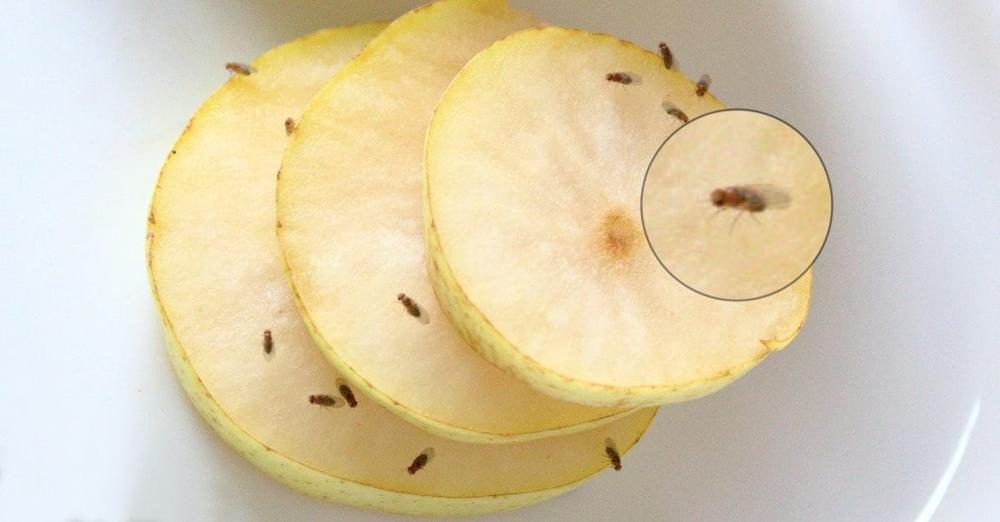What Happens When You Actually Start Paying Attention to What You Eat? The Answer May Surprise You!
In our busy lives, eating often feels like a task to rush through, leaving us unsatisfied or bloated. But paying attention to each meal can change this entirely: by savoring flavors and being present, we reconnect with our bodies, improve digestion, and reduce cravings.

In the whirlwind of our daily schedules, meal times seem like an oasis of calm—a precious half-hour to decompress, refuel, and relax. But how often does that actually happen? Too often, we’re physically seated at the table, but our minds are miles away, tangled in a web of to-dos, deadlines, and worries about what’s next. Instead of savoring each bite, we’re mentally checking off items on tomorrow's list, or worse, scrolling through emails mid-bite.
It’s no wonder that after these rushed, distracted meals, we’re left either overstuffed and uncomfortable or hungry again an hour later, ready to grab whatever’s closest. But there’s a surprisingly simple fix: paying attention to the food on your plate.
What Happens When You Pay Attention to What You Eat?
Eating with intention—really tasting that pasta, feeling the textures, noticing the flavors—can sound like a luxury reserved for gourmet experiences. Yet, studies suggest it’s one of the most impactful things you can do for your body and mind. When you eat mindfully, you're fully present, savoring each flavor and the satisfaction of the meal itself. This attention not only enhances digestion but also tells your brain when you’re genuinely full, sparing you from those late-night, cranky cravings. Plus, connecting with your meal can lift your mood, much like the way a good song can.

The Mind-Soul Connection
There’s something soul-soothing about sitting down to a meal that you genuinely experience. When we slow down to appreciate the colors on our plates and the tastes on our tongues, we reconnect with our bodies, taking a moment away from the endless noise. This isn’t just about preventing that dreaded bloated feeling—mindful eating can be a mini-meditation, a reset button for our chaotic days. Think of it as a brief pause that allows you to tune in to what you need, making every meal an exercise in self-care.
How to Pay Attention at Work and Home
While mindful eating sounds appealing, it’s another thing to practice in the real world. At work, meals are often wolfed down between meetings, and at home, it can be tempting to rush through dinner before the next thing begins. But small, conscious adjustments can make a huge difference. Try silencing notifications during meals, savoring a moment before each bite, and reminding yourself that lunch is not another chore. When with family, make it a shared experience—talk about the flavors and the food, appreciating the meal together as a way to ground everyone in the moment.

;Resize,width=767;)
;Resize,width=712;)
;Resize,width=712;)
;Resize,width=712;)
